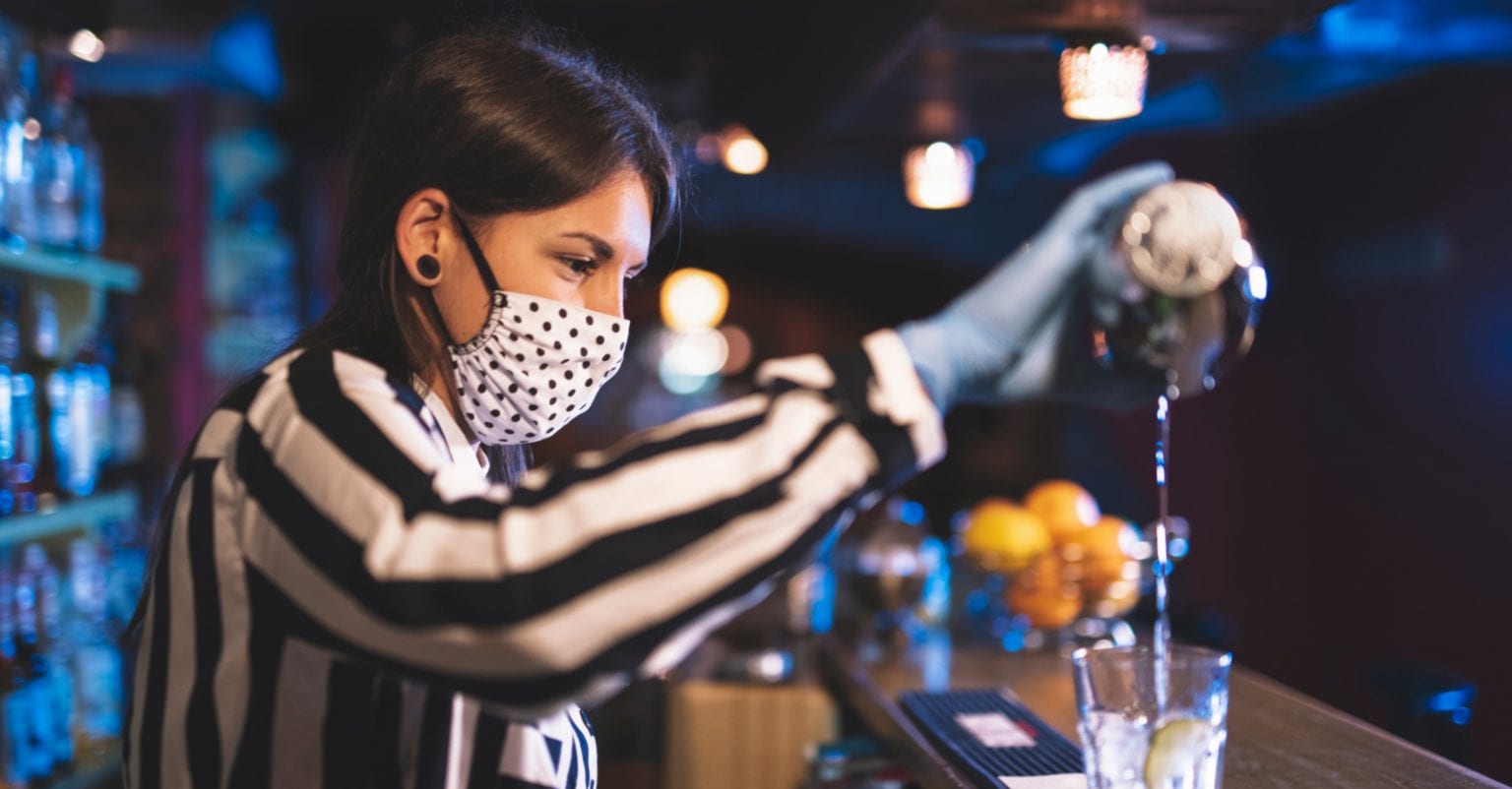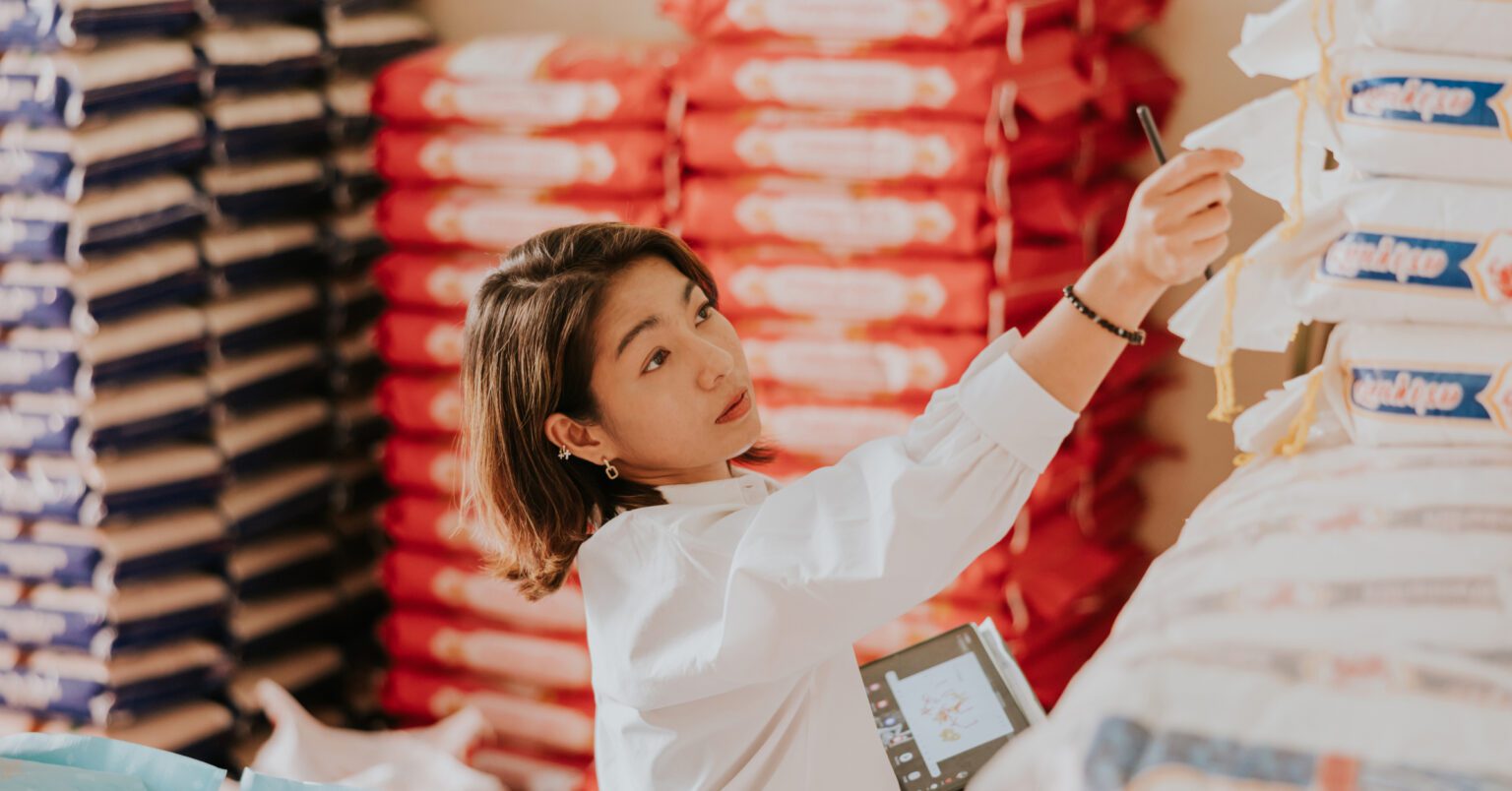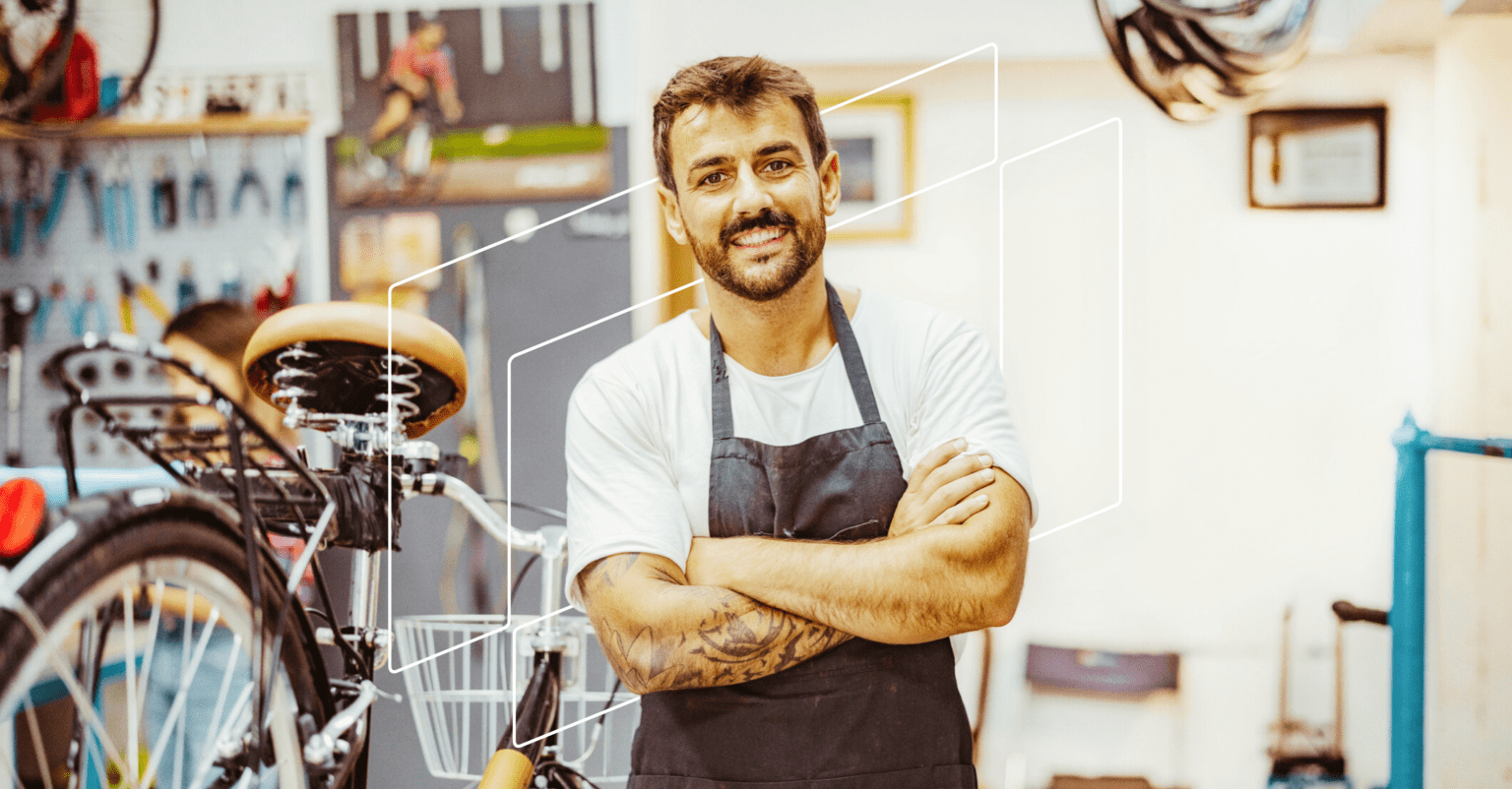Lessons are often borne from crisis management. That's what these three business owners realised during the start of the COVID-19 pandemic.
For some businesses, surviving the tough times of COVID-19 has meant getting creative with how they operate their business, that might be by drawing on strengths they didn’t know they had, testing innovative ways to reconnect with existing and new customers, and making the most of opportunities that present themselves.
Here are the stories of three small business owners who’ve been able to put the unexpected lessons they learned during the pandemic to good use.
1. Think local
A big challenge for businesses in Australia has been learning how to operate a business when overseas and interstate travellers are unable to visit.
When Tasmania closed its borders in March, Emma Hevey was forced to temporarily close her hotel and bar, Alabama Hotel. For a moment, things weren’t looking good. Hevey and her partner had only taken over the business in mid-2019 and hadn’t had a chance to put their own flavour on it when they were forced to close their doors.
“We did spend the down time doing work around the place that we hadn’t had time to do,” says Hevey.
However, on 11 June 2020 they were given the green light to resume business. This is when Hevey had an idea. They still couldn’t rely on tourists to fill their hotel beds, so why not zero in on local customers instead?
“We reopened more as a bar than accommodation,” she says. “People from north of the state still weren’t able to travel north to south, so the prospect of having guests in the hotel was a little dire, but we knew the public would get around the bar.”
That meant transforming, from, as Hevey describes it, “a hotel with the bar as a side gig, to a bar with a hotel on the side”.
But it wasn’t going to be as simple as opening the doors and hoping the locals would arrive in droves. Hevey’s best COVID-19 lesson was making people an offer they couldn’t refuse. For example, one promotion she offered would allow patrons to book a room for just $100 and receive a $40 bar tab alongside it to sweeten the deal.
“[We wanted to target] people from out of town, who might live 30 or 40 minutes away, who are planning to have a night out – so we advertised the hotel side of things in a package with the bar,” she explains. This way Hobart locals could enjoy a few drinks without having to worry about assigning a designated driver for the evening.
This localised approach to business will help the Alabama Hotel to expand in the future. Hevey says once tourism starts to pick up again, she plans on partnering with other local businesses – such as tour group operators – to offer tourists a “holistic Tassie experience”.
2. Be ready to ditch the old way
Trudy Petith’s biggest takeaway from the pandemic has been the importance of knowing how to move your loyal customer base online.
Petith is the owner of About Face, a salon and spa in Camden, NSW. She had hoped her business’s existing understanding of sanitation and workplace health and safety issues would help when news of the pandemic first arrived.
“We knew it was going to affect us a great deal,” she says. “But we hoped that, based on the fact we work with skin penetration, and are trained and qualified in infection control, that our protocols would be enough [to maintain a steady flow of clients].”
But that wasn’t the case. As stores around Camden started closing and customers began cancelling appointments, it became clear she would need a new approach. For the period that she couldn’t accept customers into the salon, Petith began offering a variety of home delivery and online services.
“We were doing Facebook Live webinars with our clients, who were going through skincare routines. We would advise them on the appropriate routines they should be doing at home, what products they should be using and how, and answering any of their questions.”
Petith also offered online customer consultations via Zoom and customised kits that allowed customers to have something like professional-level skincare and nail treatments in the comfort of their own homes.
While this certainly required some effort upfront, Petith learned that hard work in the short term can pay off down the line. She’s seen a positive response from her customers and plans to continue offering this service.
“We needed to keep engaged with our client base – let them know we were still there. It’s going to change the way we do business for a very long time,” she says.
“We’ve got new clients from this and those kits that we’ve put together, we have full intentions of continuing those moving forward. We are really excited to introduce them in new and better ways.”
3. Practice resiliency
While other business owners might be feeling stressed about trying to set their business up to be COVID-safe, Sarah Marquis was facing an even scarier reality.
The owner of South Australia’s Mollydooker Wines tested positive for the virus after returning from a skiing trip in Colorado in March.
“Initially, it was quite a shock to my team that I had it, but it was also a good thing. It made them realise they had to take this very seriously in order for us to keep running production,” she recalls.
In order to keep the ship running smoothly, Marquis had to call on her resiliency skills. Learning how to practice resiliency doesn’t have to be a time-consuming task. It can be as simple as practicing daily mindfulness activities, which activate the area of the brain that allows for higher level thinking.
It’s crucial to be able to approach business challenges with a clear mind, especially when you’re facing both personal and work-related challenges.
“I had to continue my role as CEO while self-isolating,” says Marquis. “I ran the business via phone and online video chats. It felt weird at first but now everyone is getting used to this new way of doing business.”
Apart from the direct effects of the virus, Marquis noticed the impact on her business as well. US distributors stopped market trade visits and so did restaurants.
But because she’d learned the value of practicing resiliency, she was able to find the energy to expand her business’s digital presence with a new website and ordering platform, and come up with interesting innovations along the way.
She was also happy to learn that customers’ appetite for ecommerce was strong, so she took this as an opportunity to develop a new website and online ordering platform.
“Our online sales quadrupled as people were staying home and buying their wine that way instead of going to the stores,” she says.
“We are also holding virtual [wine] tastings globally, instead of the in-market activities that we used to host. It’s working just as effectively, and saving us marketing dollars and time,” Marquis says.
Marquis says she’s looking to continue to offer a digital arm to her business in the future, even with the cellar door re-opening, as a way to enhance her customers’ experiences.
If you, or someone you know, is struggling right now, you can visit organisations such as HeadsUp, Beyond Blue and the Black Dog Institute for helpful resources. For immediate help, call Lifeline on 13 11 14.








